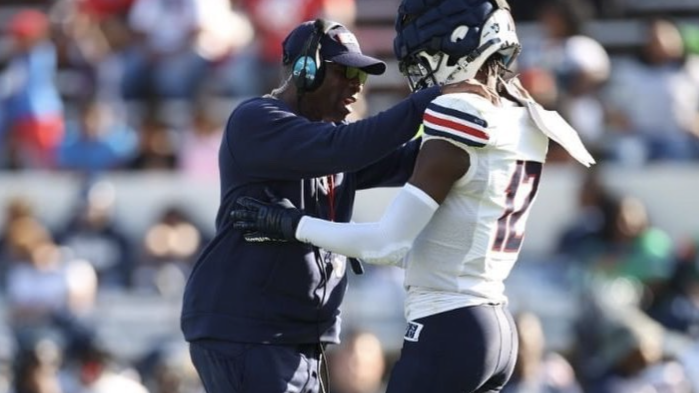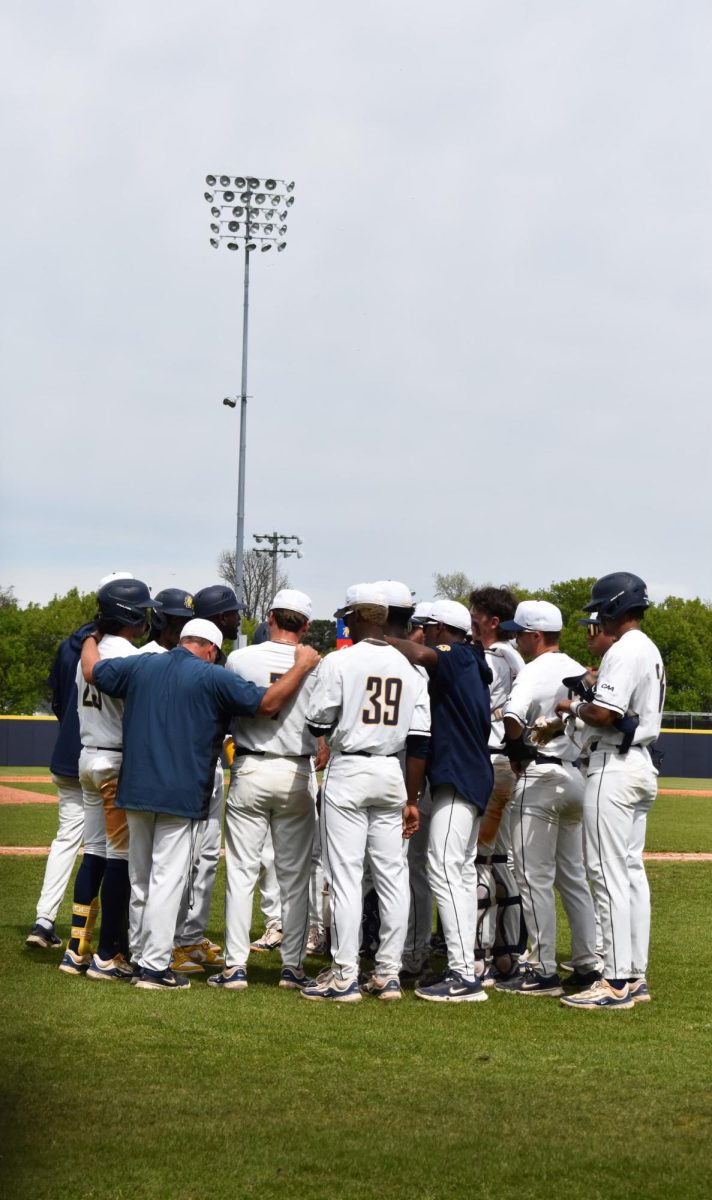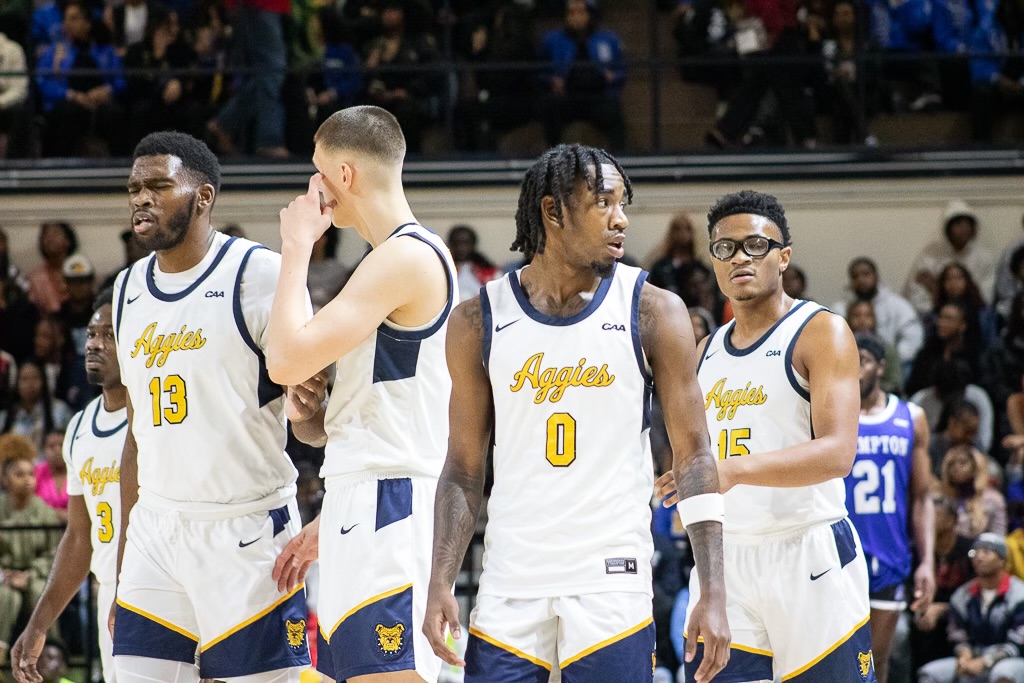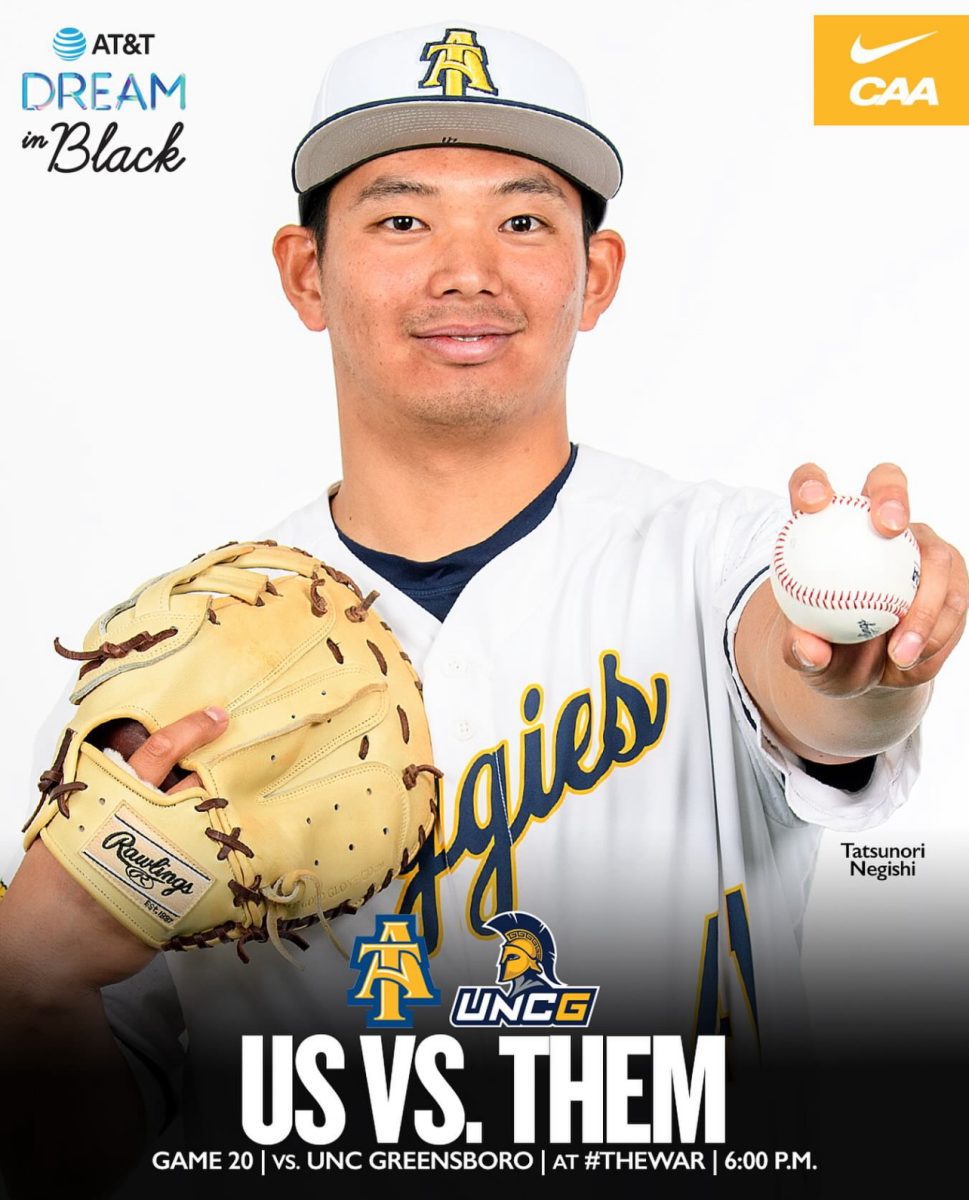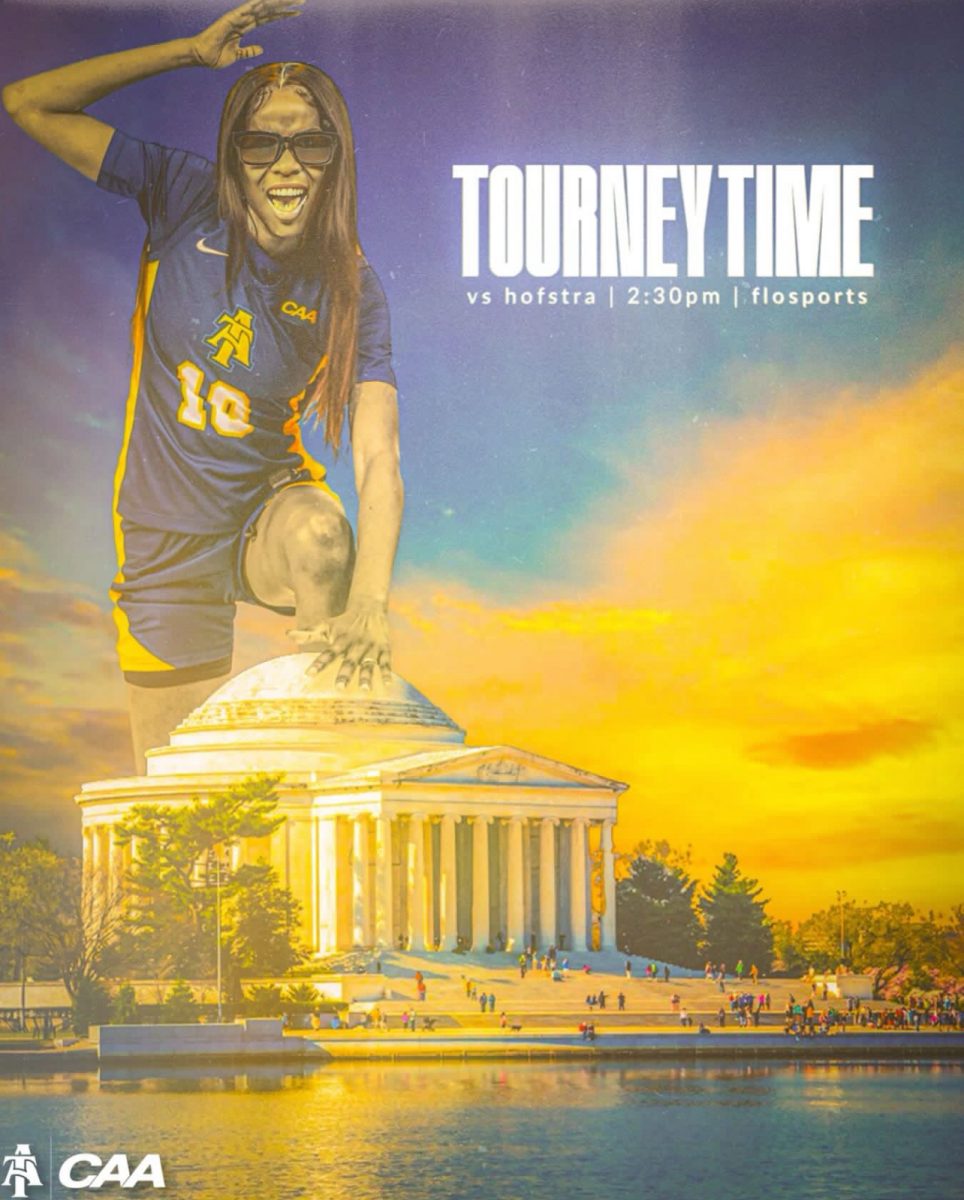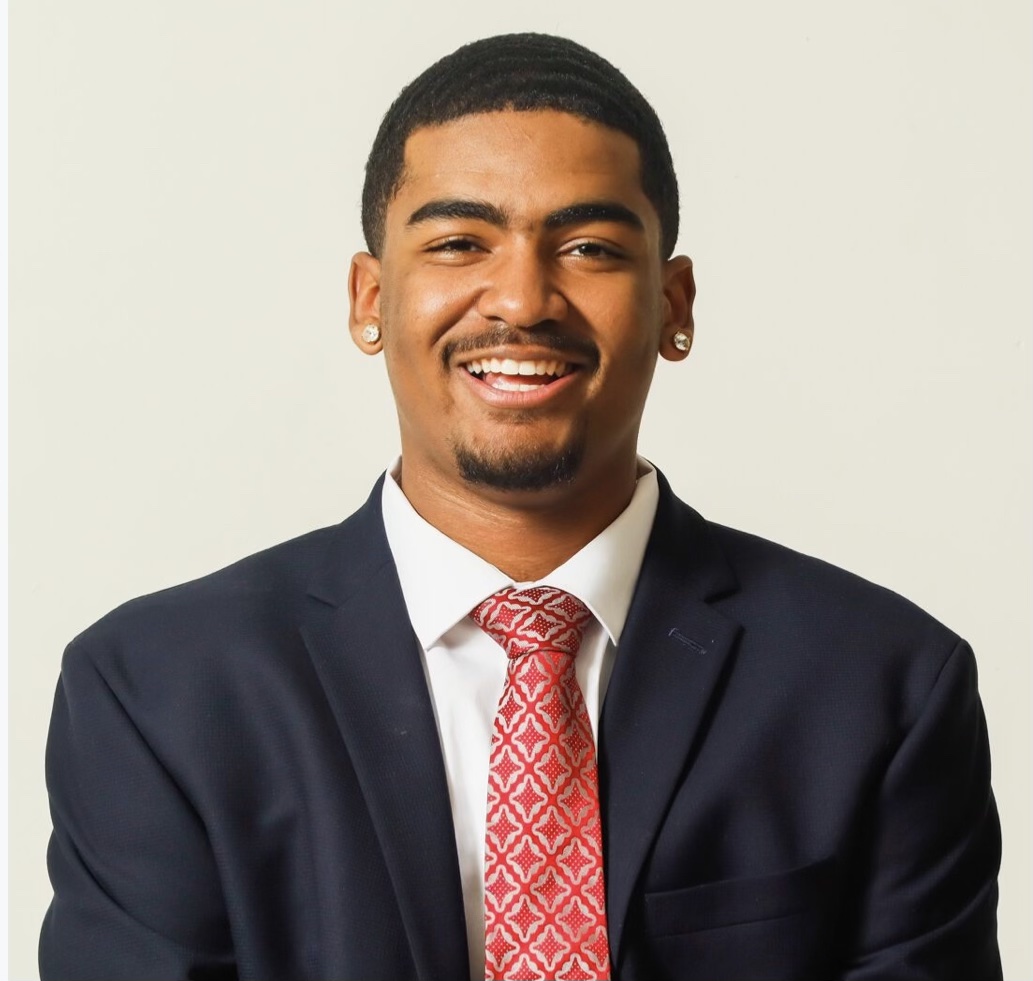For years, Black athletes have dominated in particular college athletics, such as college football and basketball. Despite top-ranked Black athletes having the power to attend pretty much any college or university they want, many don’t have Historically Black Colleges and Universities (HBCUs) on their radar.
Due to multiple downsides at HBCUs, Black athletes tend to take their talents elsewhere.
Many top-ranked athletes starting their collegiate career have one thing on their mind once it is over: to play professionally. The best chance for college athletes to go pro is to attend a school that’ll get them the most exposure.
The schools that offer college athletes the most direction are in Power Five conferences; the Big Ten, Big 12, Pac-12, Southeastern Conference (SEC), and Atlantic Coast Conference (ACC). Unfortunately, no HBCUs reside in a Power Five conference.
Aside from that, HBCUs don’t compete in areas they feel they can’t compare. HBCUs avoid pursuing the top Black prospects instead of taking chances on building their programs.
HBCUs have begun to draw the attention of Black athletes in recent years, as evidenced by five-star recruit Makur Maker’s decision to play basketball at Howard University over schools like UCLA and the University of Kentucky in 2020.
The players, however, will not be able to take advantage of the opportunity until they are approached about playing at specific HBCUs.
Mychale Salahuddin, a redshirt junior for the Aggies football program, transferred from the University of Pittsburgh in December 2019. He compared the experience at the Power Five school to what he experiences with the Aggies currently.
“The PWI and HBCU facilities are completely different,” Salahuddin said. “There’s not enough money at HBCUs, and there needs to be more structure.”
Statistics show that HBCUs earn significantly less revenue than PWIs, resulting in limited resources and financial disadvantages. Financial strains at HBCUs can make it difficult for athletic administrators to attract talented coaches and student-athletes.
HBCU athletic departments also fail to attract the best student-athletes due to a lack of athletic scholarship funds. Estimates find that PWIs have a significantly larger recruitment budget than HBCUs.
So the question arises, how can this narrative change? What needs to change for HBCUs to become legitimate landing spots for top-ranked Black athletes?
Students here at A&T have thoughts on what to do to legitimize HBCU athletics.
“What HBCUs should try to do is bring in more well-known names as coaches,” junior civil engineering student Isiah Smith said. “Bringing in someone respected in their sport attracts players. Take Deion Sanders at Jackson State University, for example.”
With the addition of Deion Sanders, Jackson State’s football program did a complete 360. According to Bleacher Report, in 2020, the Tigers went 8-0 in the conference and won their division in the Southwestern Athletic Conference.
College recruits are catching on to the potential of Jackson State now that Deion Sanders runs the program. In 2021, former No. 1 overall recruit, Travis Hunter, flipped his commitment from Florida State to play at Jackson State for Sanders.
It is also necessary for HBCUs to invest more resources in recruiting top student-athletes to maintain competitiveness.
HBCU athletic administrators should target revenue streams to boost athletic aid expenses. As part of this effort, it may be necessary to produce publications and build relationships with donors so that HBCUs can better understand where they are lacking and how support can help.
A new narrative concerning Black athletes attending HBCUs can be created by taking chances and enhancing the athletic programs. Regardless of where they attend school, Black athletes can believe in the power of change and their ability to make a difference.
To stay up to date with HBCU athletics, visit HBCU Gameday for updates on recruitments, game dates, and much more.
To assist A&T athletics, donate at Campus Gives to the Aggie Athletic Foundation to improve facilities, enable better resources, and more.

